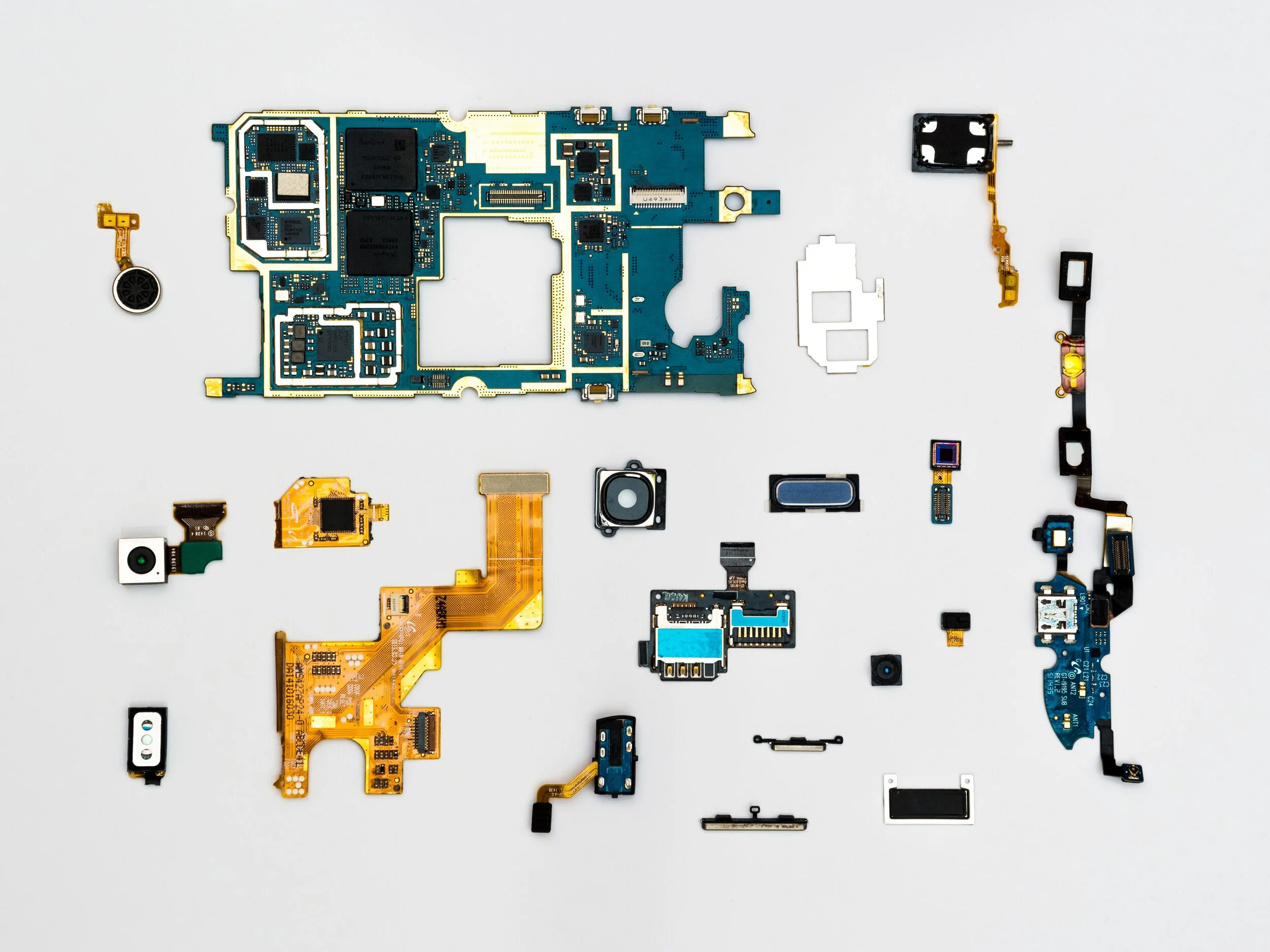An iCLIC and Web Science Webinar on Data stewardship and health data
Attempts to find legal, ethical and repeatable mechanisms or structures to support the multi-party sharing of regulated data have not yet succeeded, although different models are now emerging. The extraordinary situation of the global pandemic makes it crystal clear that there is an urgent need to accelerate the sharing of health data among different types of stakeholders, e.g. healthcare providers, social care providers, researchers and public health authorities. However, the danger is that such data sharing will de facto enable extensive surveillance programmes and irremediably undermine fundamental rights and liberties of patients and individuals.
The WSI is delighted to partner with the Interdisciplinary Centre for Law, Internet and Culture (iCLIC) for this special online event.
The purpose of this webinar is to discuss barriers to the sharing of health data as well as necessary safeguards, and explore a variety of emerging multi-party data sharing models. The speakers will provide insights into the needs of operational research (OR) in the healthcare sector, best practice to achieve legal compliance and meet ethical standards when sharing health data, and will compare solutions across jurisdictions.
Speakers
Prof Sally Brailsford
Sally is Professor of Management Science within the University of Southampton. Her research is in the area of healthcare simulation modelling: to evaluate treatments and screening programmes, or to redesign and improve service delivery. Sally has worked for over 25 years in many different disease fields including diabetes, cancer, mental health and HIV/AIDS, in addition to emergency care and end-of-life care. From 2012-15 she was Vice-President 1 of EURO, the Association of European OR Societies, and is currently Coordinator of the EURO Working Group on OR Applied to Health Services (ORAHS).
Elena Elkina
Co-founder and Partner at Aleada Consulting, a boutique privacy and data protection consulting firm in Silicon Valley, Elena leads the Privacy team of the Covid-alliance. The COVID Alliance is a volunteer-powered nonprofit coalition bringing together best-in-class expertise across science, technology, and policy in a coordinated response to COVID-19.
Alexsis Wintour
Founder of Lapin, pioneering new data governance frameworks to accelerate technology adoption and social good, Alexsis leads the Jersey Data Foundation project.
Ben Gordon
Digital Innovation Hubs Programme Director, Health Data Research UK.
Robert McCombe
Senior Policy Officer, Information Commissioner’s Office.
Moderator:
Prof. Sophie Stalla-Bourdillon
Sophie is Professor in Information Technology Law and Data Governance within the University of Southampton and non-ex Director of the Web Science Institute. Her research is in the area of platform regulation, privacy and data protection and data governance. She is also Senior Privacy Counsel and Legal Engineer at Immuta.

